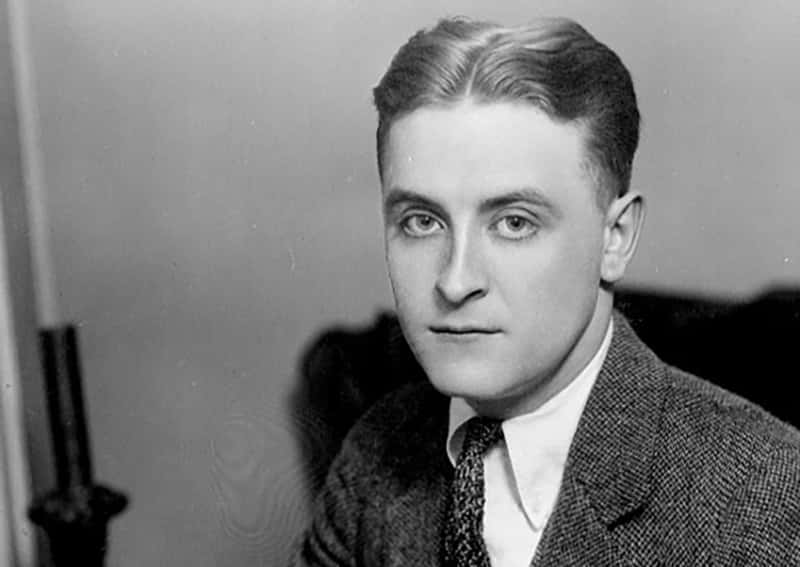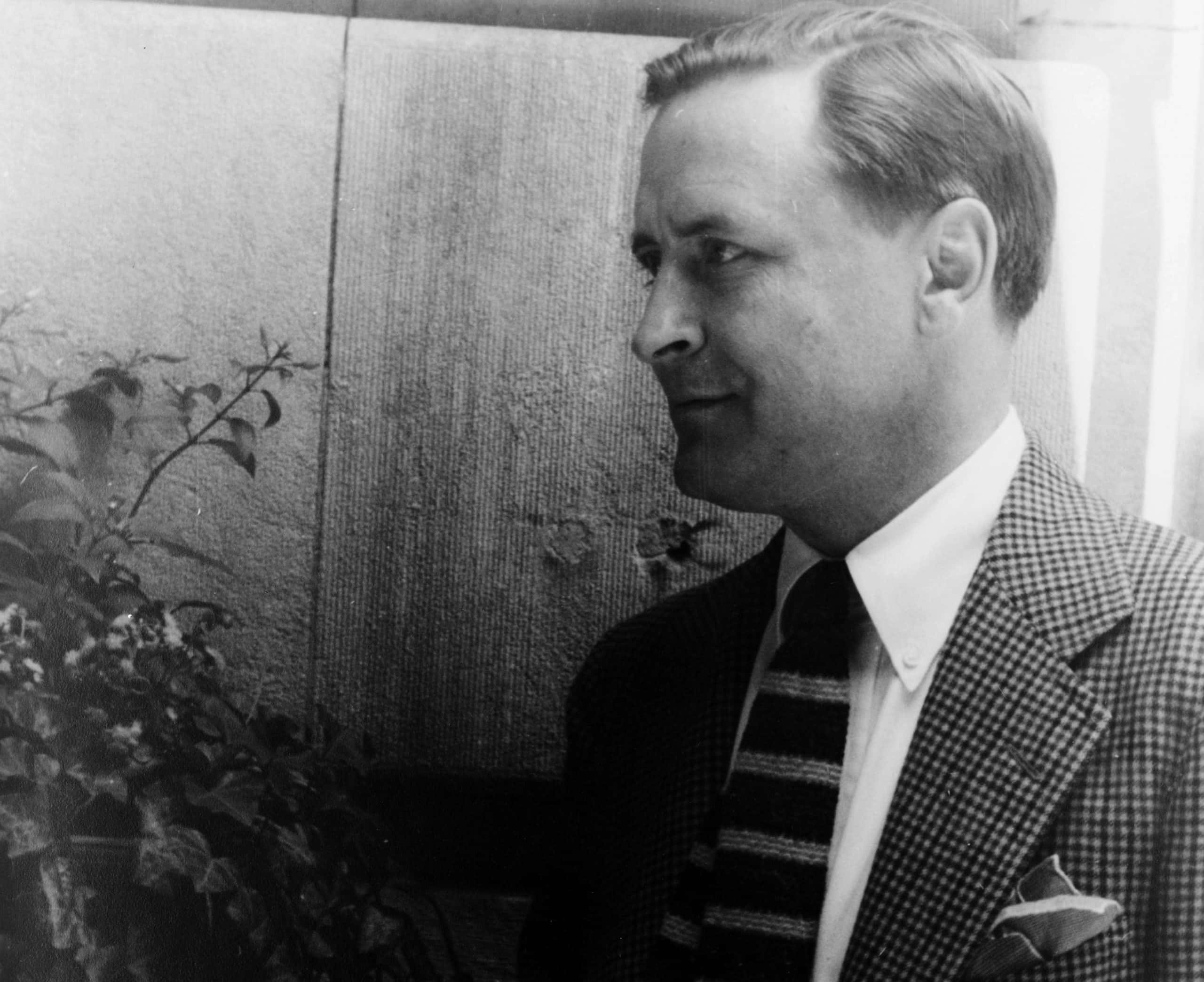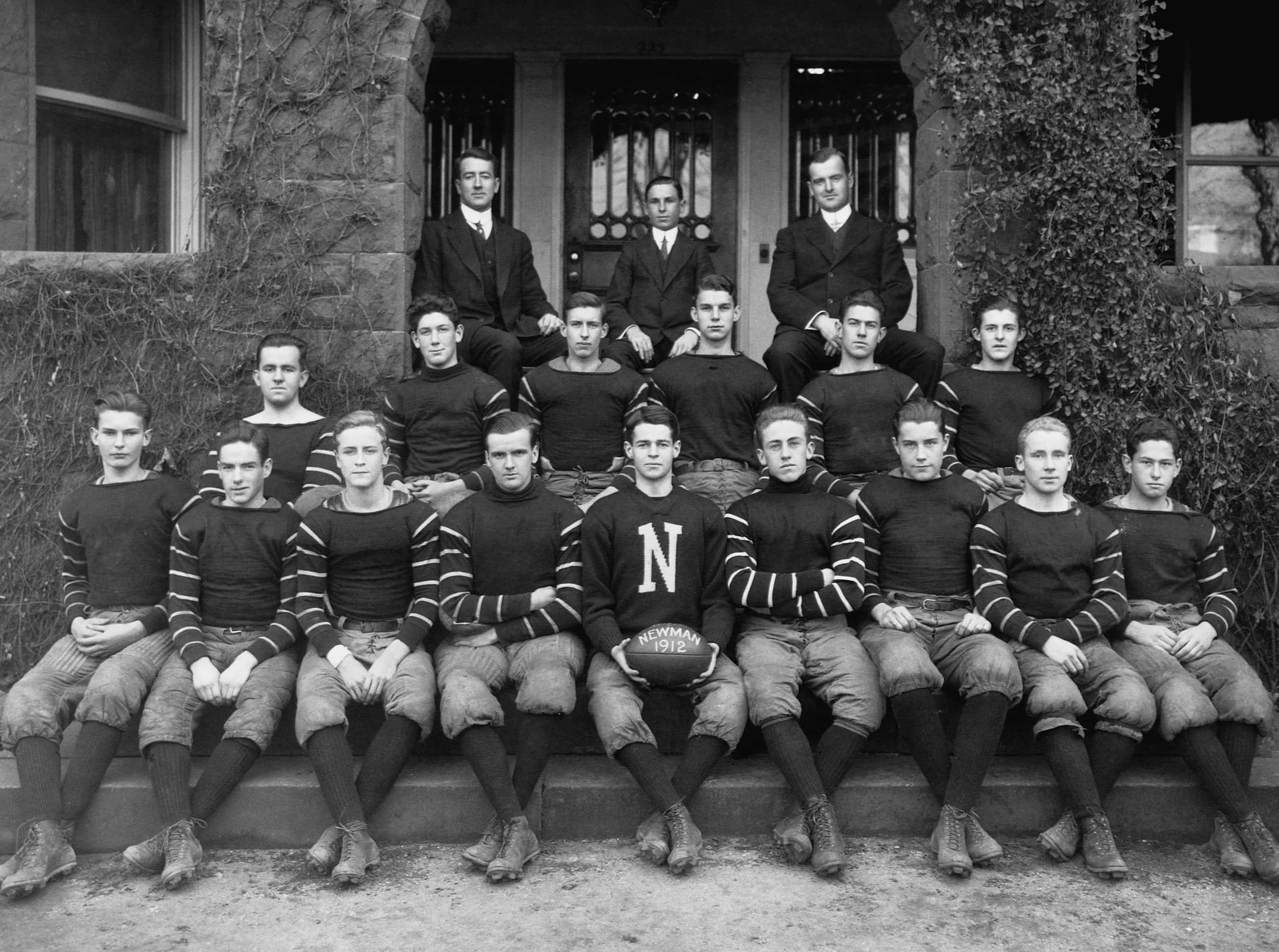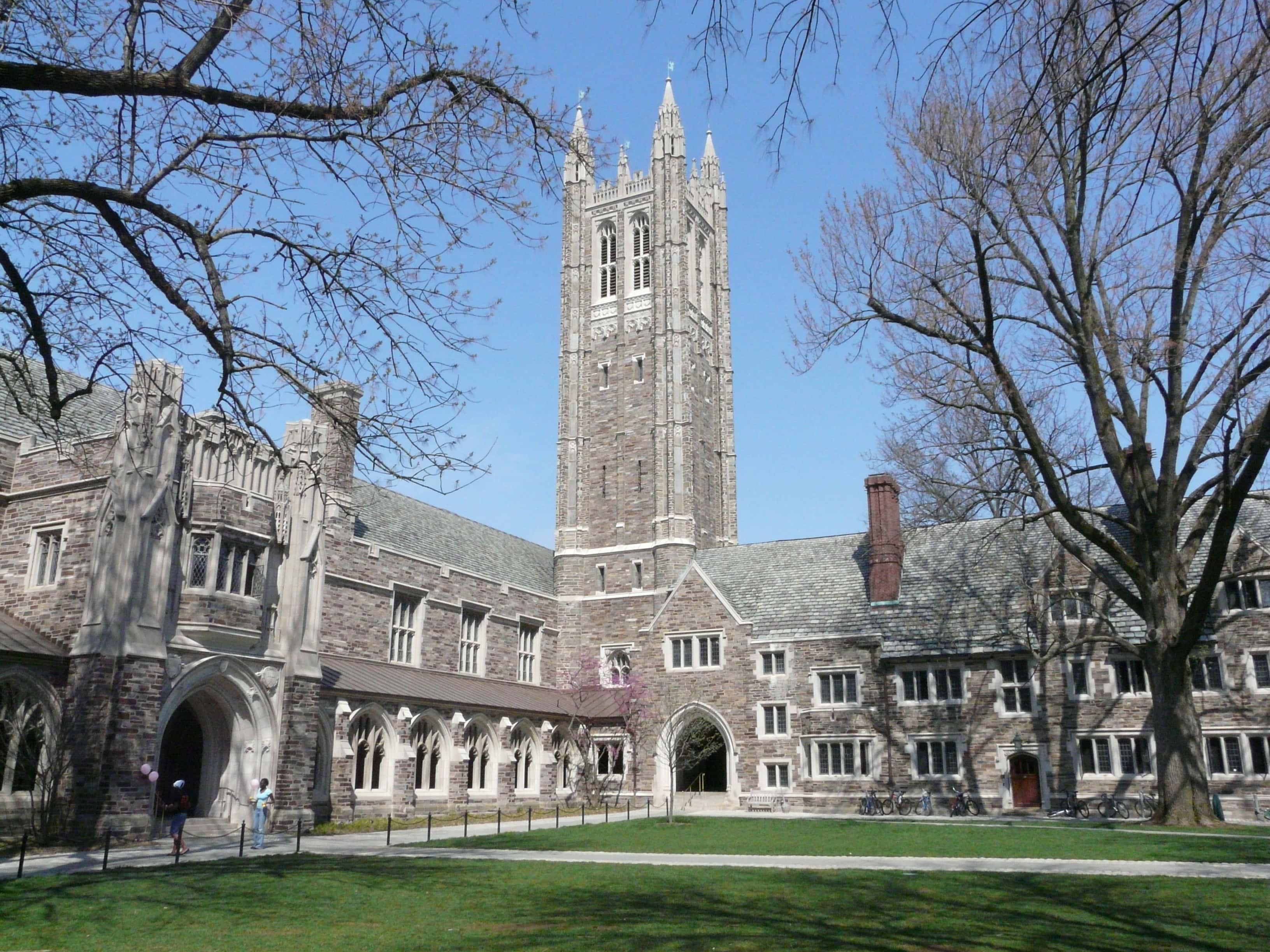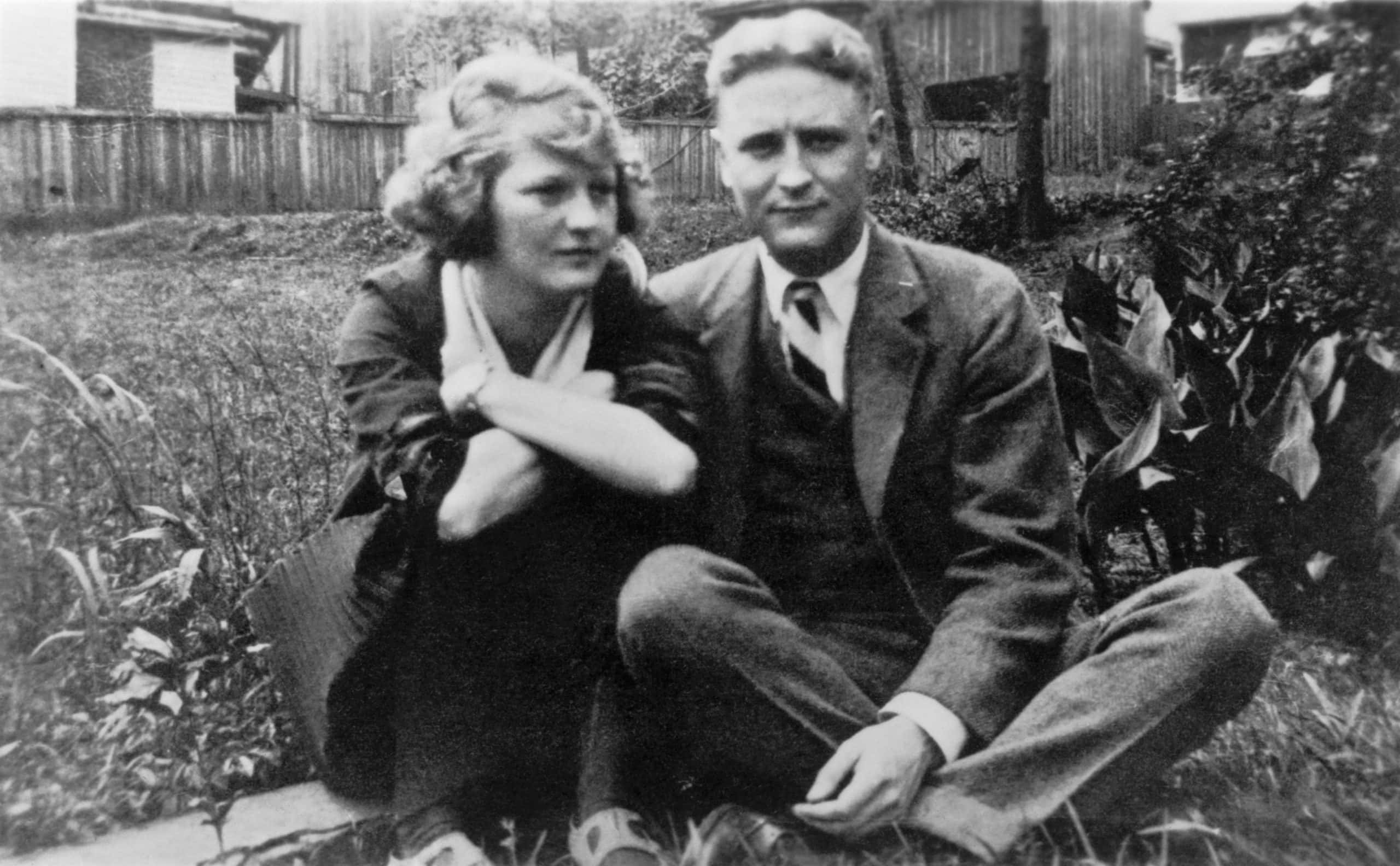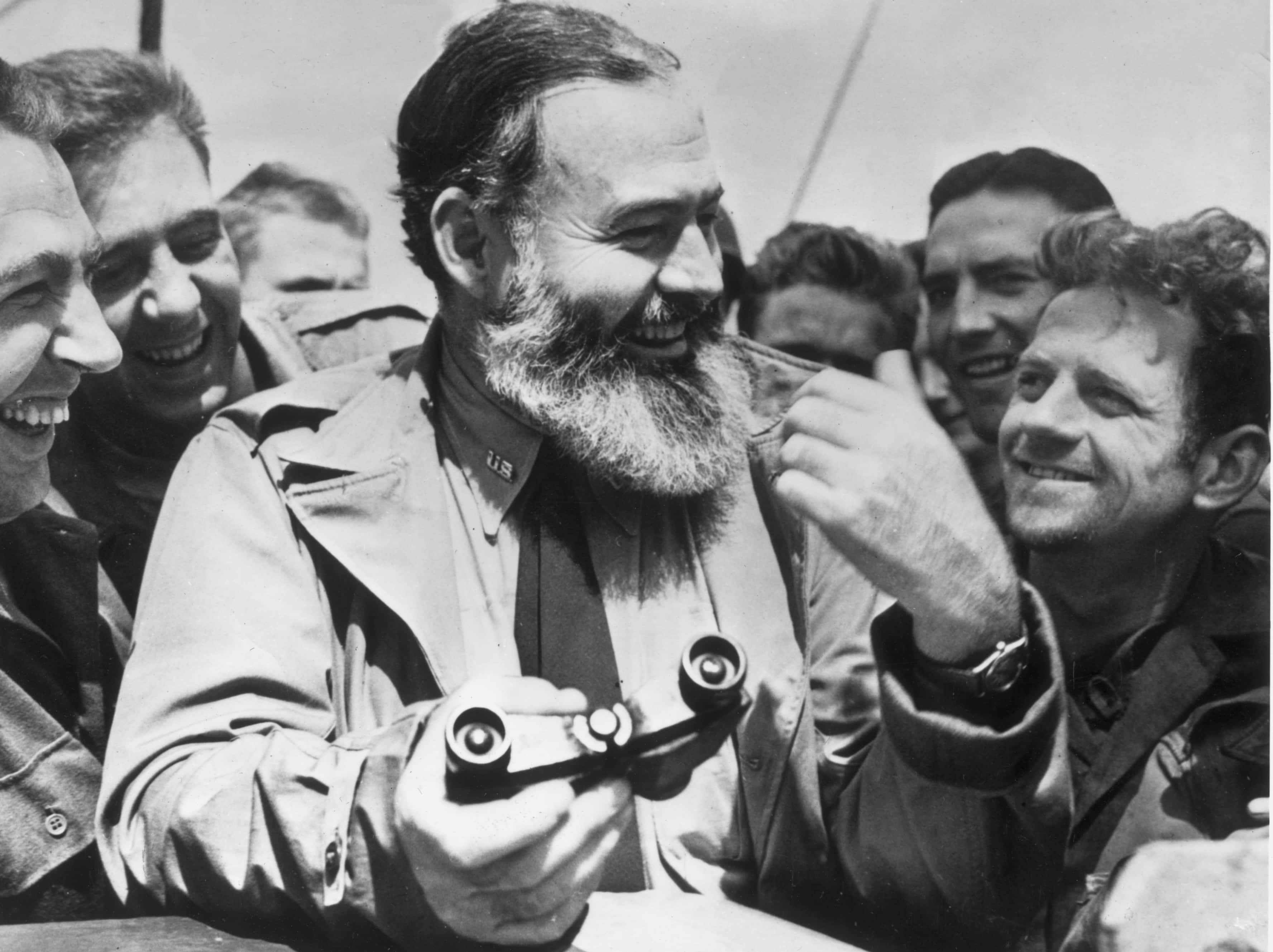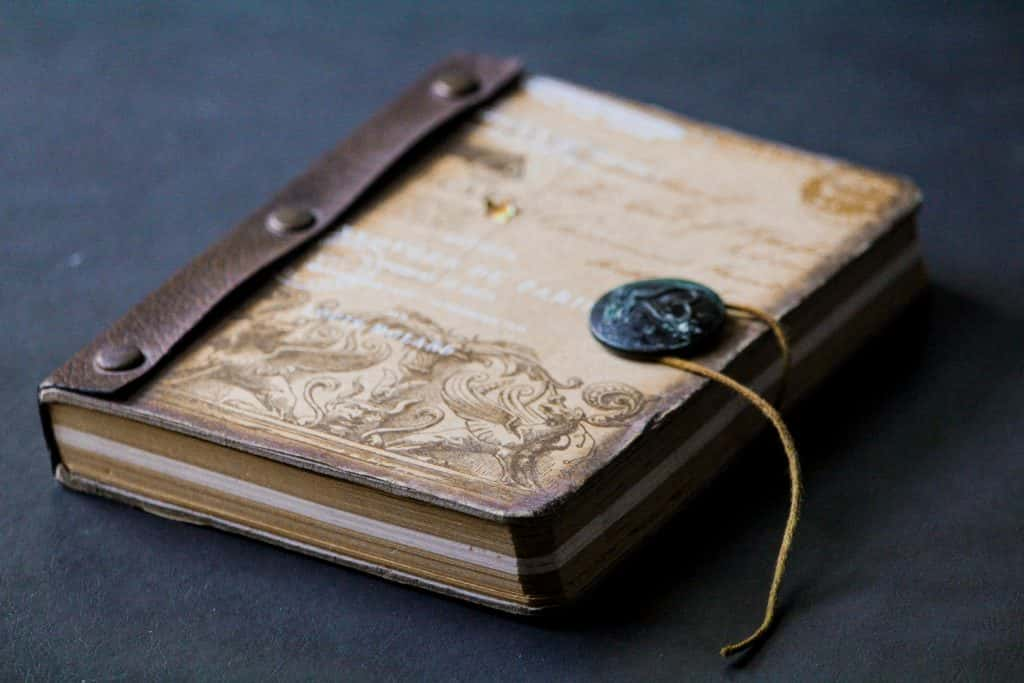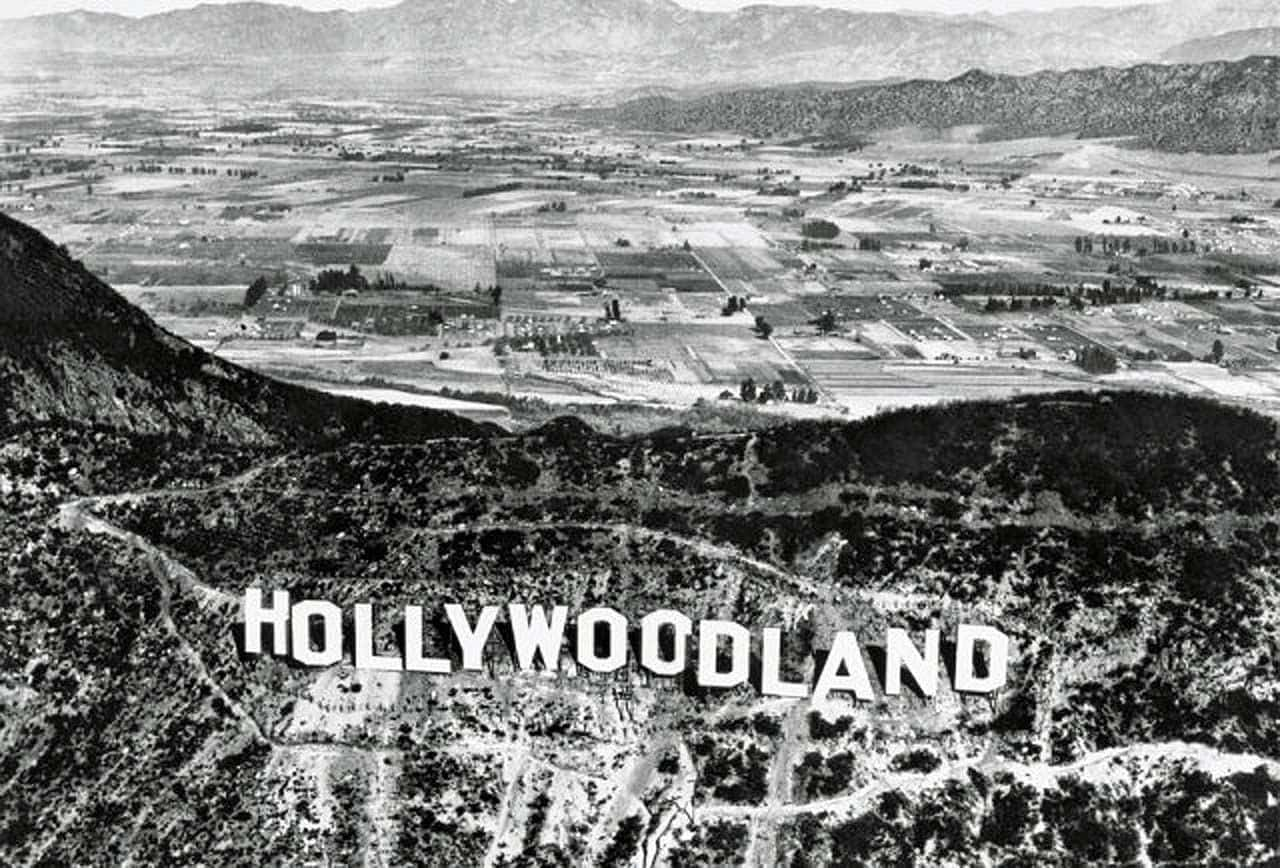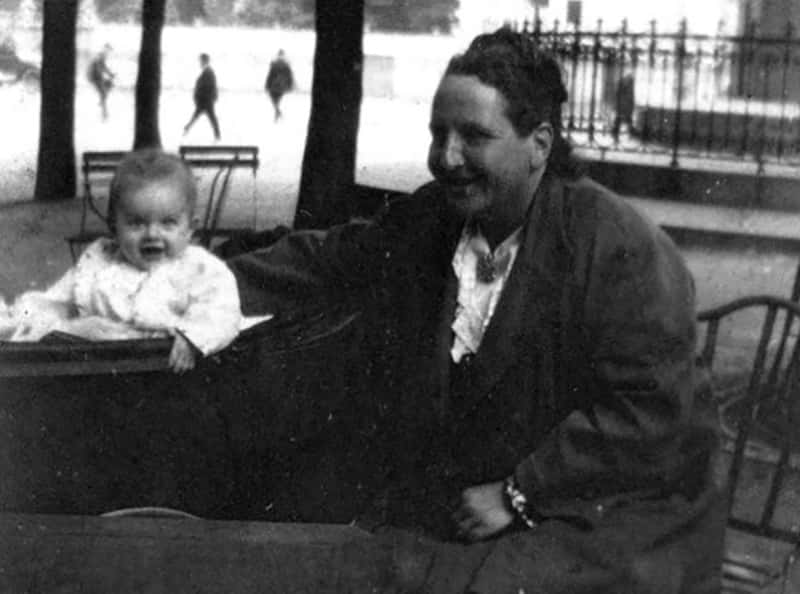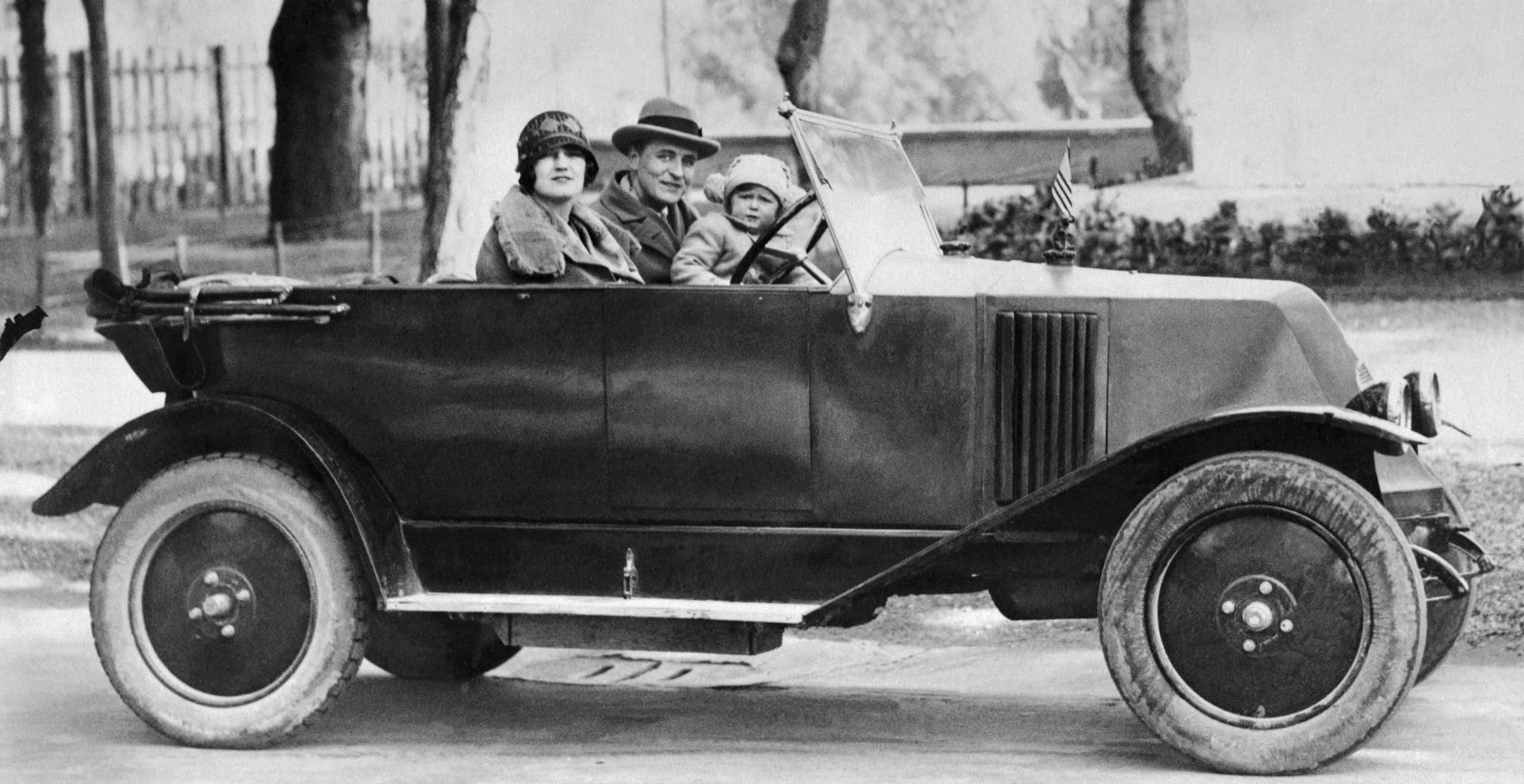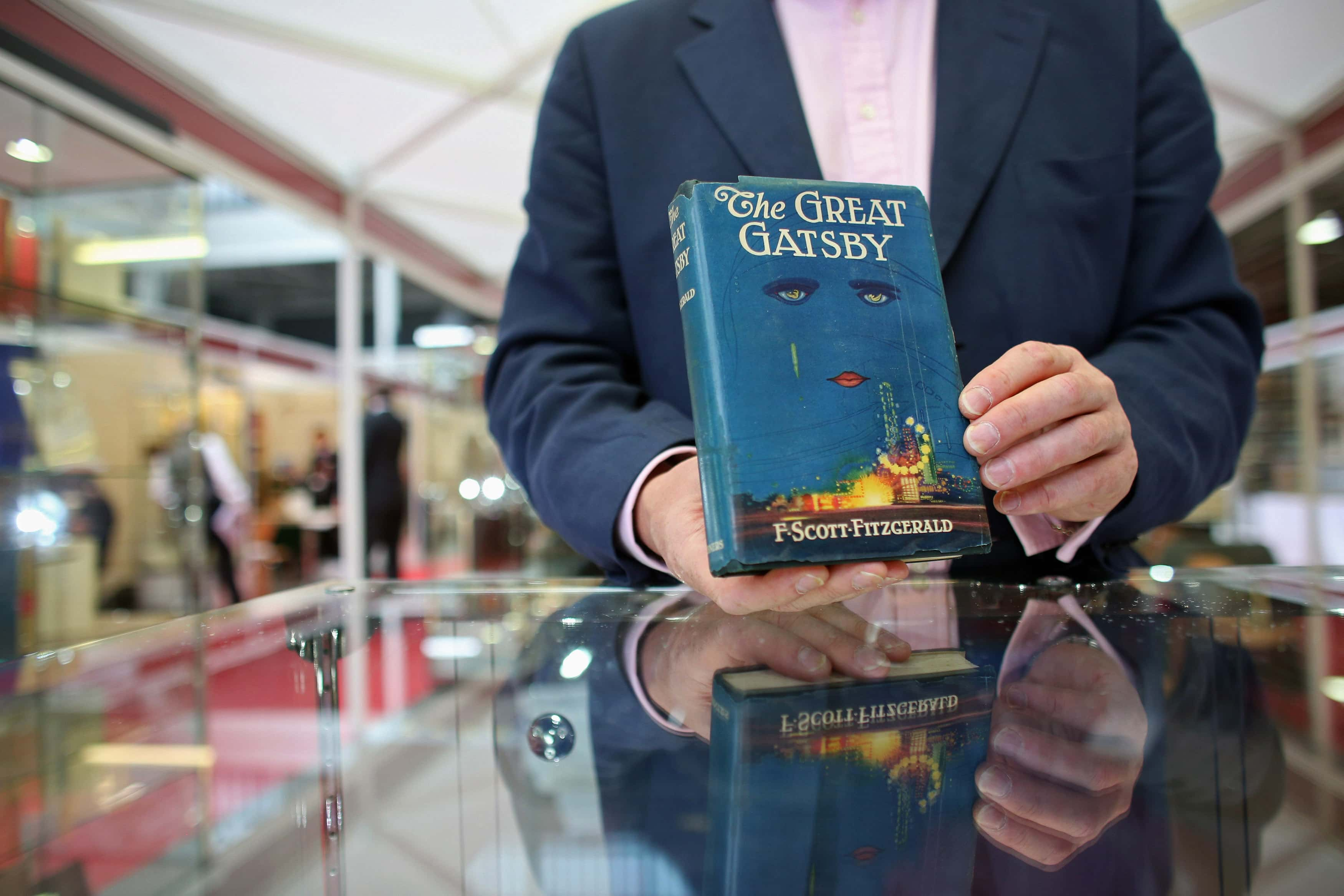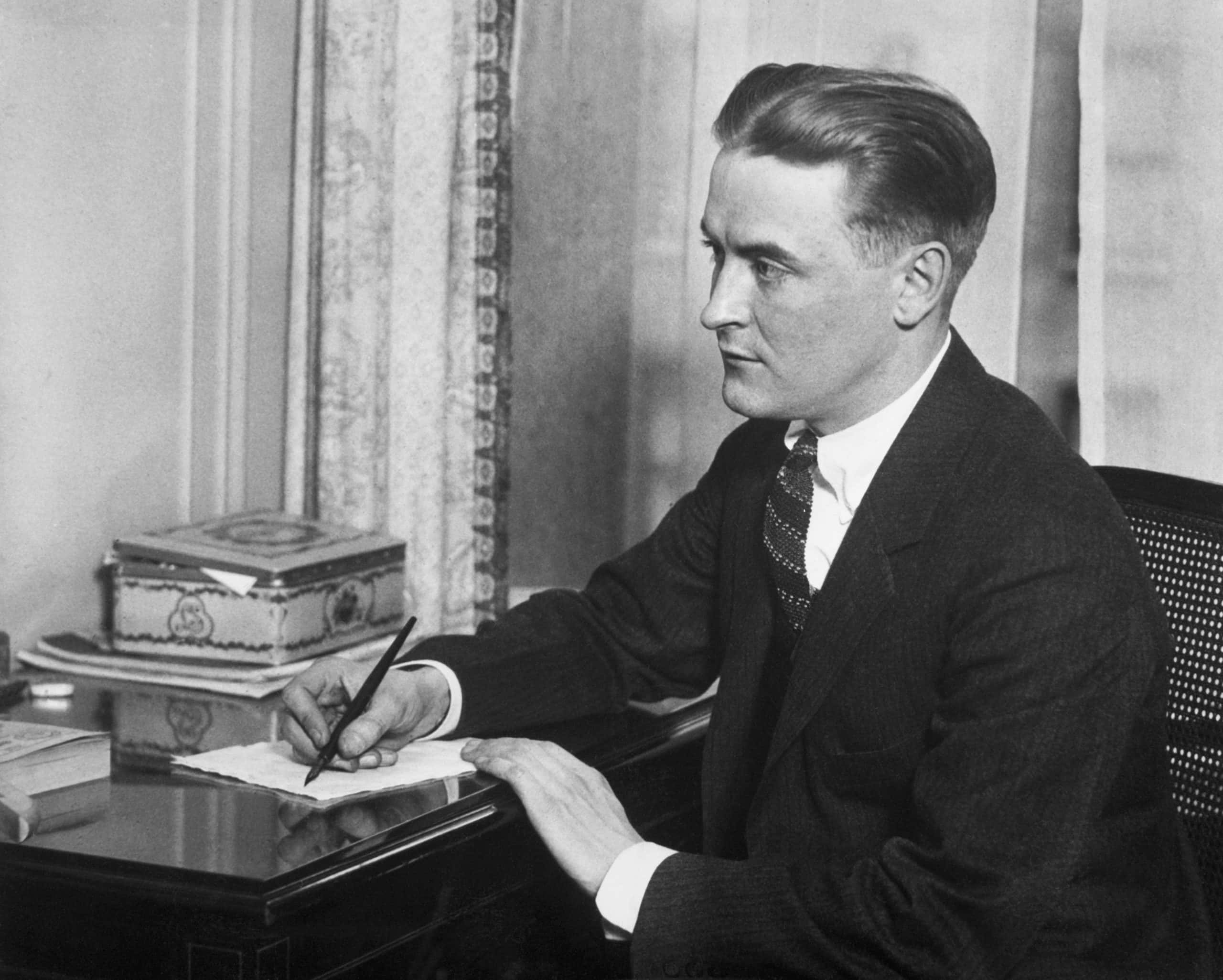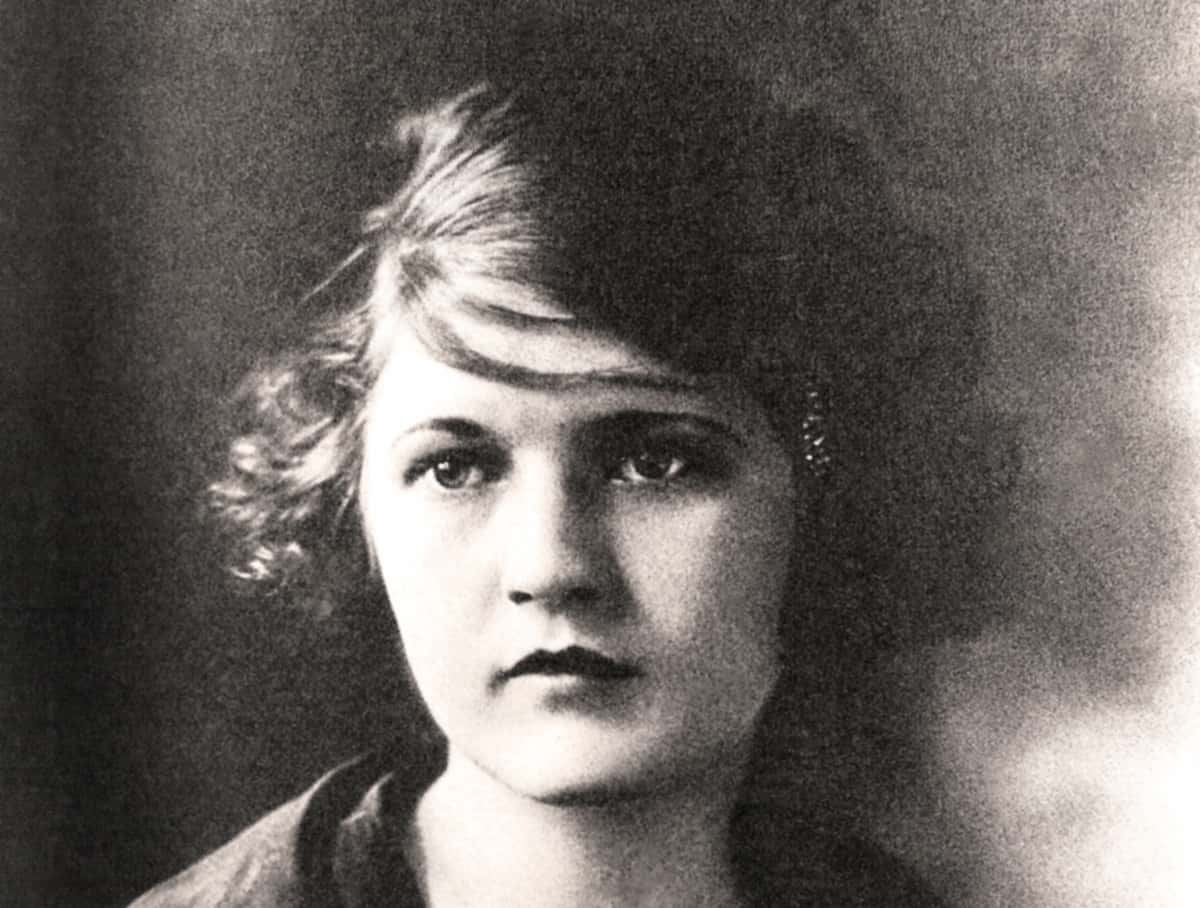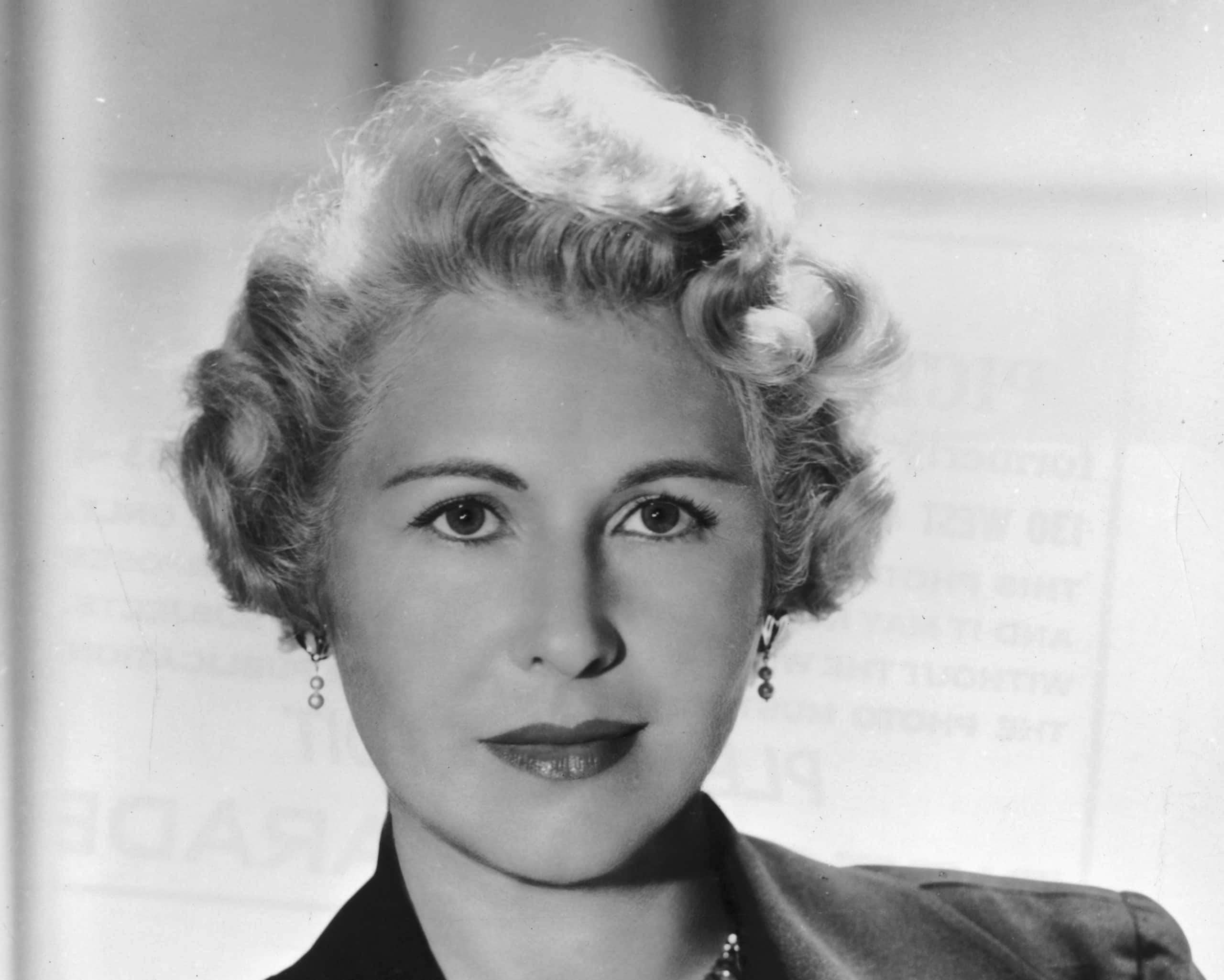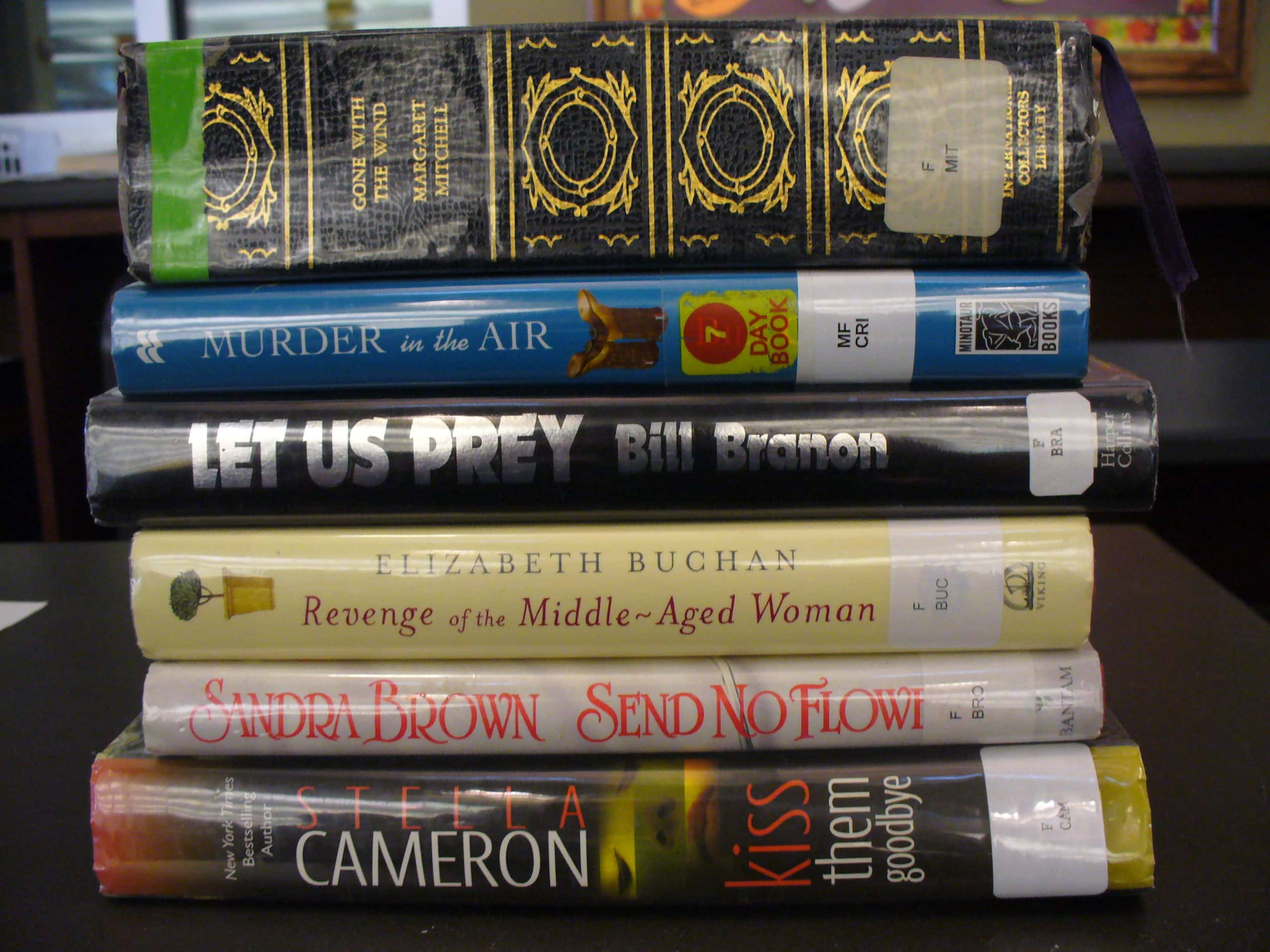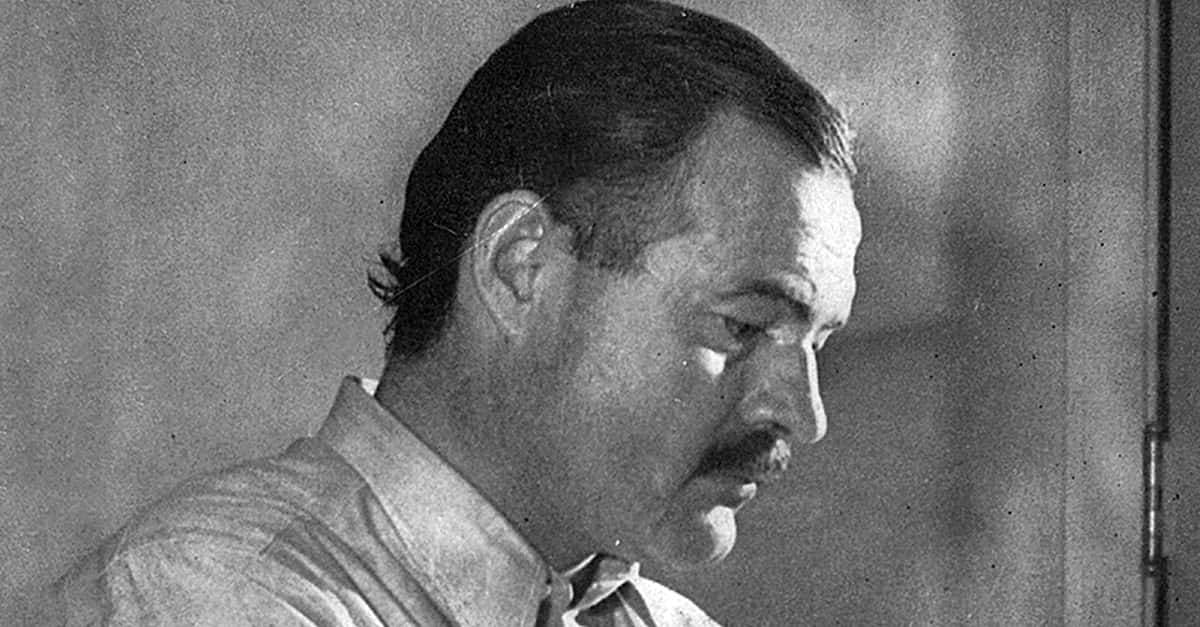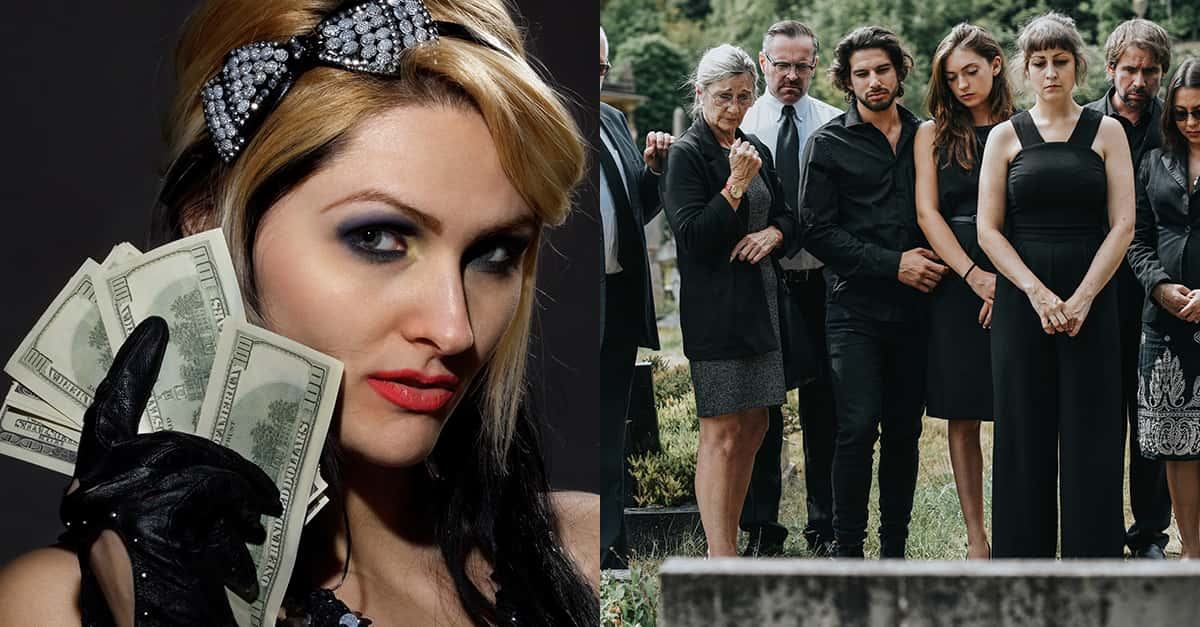"In my younger and more vulnerable years my father gave me some advice that I’ve been turning over in my mind ever since. 'Whenever you feel like criticizing any one,' he told me, 'just remember that all the people in this world haven’t had the advantages that you’ve had.'"— F. Scott Fitzgerald, The Great Gatsby
Francis Scott Key Fitzgerald was an author who achieved success by writing about American life in the 1920s. Now regarded as one of the greatest American writers of the 20th century, he completed four novels during his lifetime, including his magnum opus, The Great Gatsby, as well as 164 stories for magazines and four short story collections. A fifth uncompleted novel, The Last Tycoon, was published one year after his passing in 1941. Living almost as wild a life as what he portrayed on the page, no other writer so perfectly encapsulated the glitz, glamor, and debauchery of the Roaring Twenties, the era he himself dubbed "the Jazz Age." Keep on reading for 42 facts about this literary icon.
1. Patriotic Roots
Fitzgerald’s full name, Francis Scott Key, also belonged to a famous ancestor. That Francis Scott Key was a lawyer and a writer who is known for writing the lyrics to the “The Star Spangled Banner” during the War of 1812. Key wasn’t a close relative, (he was a second cousin three times removed) but that didn’t stop Fitzgerald from playing up the family connection. Wouldn’t you?
2. Alternate Title
As hard as it is to imagine, The Great Gatsby was almost called something else. He was pretty close to choosing either Trimalchio or Trimalchio in West Egg for the title, but someone managed to convince him that the literary reference was too obscure to use (Trimalchio is a character from a Roman work called the Satyricon).
3. Not His Forte
Of all his talents, fighting was definitely not one of them. He rarely seemed to get involved in fights he had any prayer of winning, including one in the Jungle Club in Princeton while he was dating his wife-to-be Zelda. One night, an already tipsy Fitzgerald was arguing with a bouncer outside the club’s inner when Zelda poked her head out and asked if he’d be joining her inside. Fitzgerald decided to try and force his way inside but ended up getting tossed across a table instead. The next day, Fitzgerald was in bed with one eye swollen shut, and his head bandaged, with no memory of what had happened the night before.
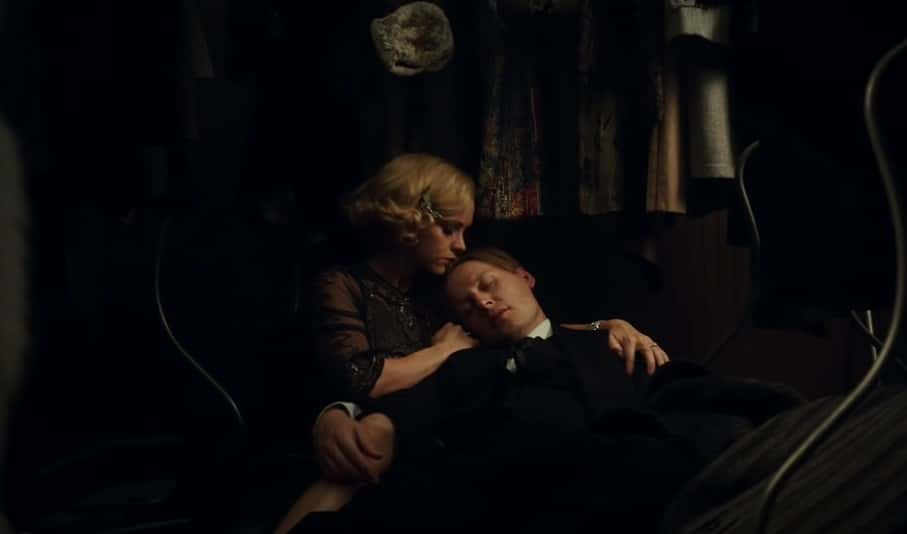 Z: The Beginning of Everything (2015–2017), Amazon Studios
Z: The Beginning of Everything (2015–2017), Amazon Studios
4. Out With A Thud
Fitzgerald’s life ended not with a bang but a thud. On December 21, 1940, he had just finished eating a chocolate bar and reading the Princeton Alumni magazine when he got out of his chair, started struggling for breath and clutching his chest, and then dropped dead just like that. While his nicotine habit and drinking didn’t literally kill him, but they certainly contributed to his declining health.
5. Anything Goes
The Jazz age is the period in American history that began with the end of WWI and ended with the onset of the Great Depression in 1929. The term was coined by Fitzgerald to describe the “anything goes” nature of the Roaring Twenties, and of course the introduction of jazz music that defined the nonconformist attitudes of the era.
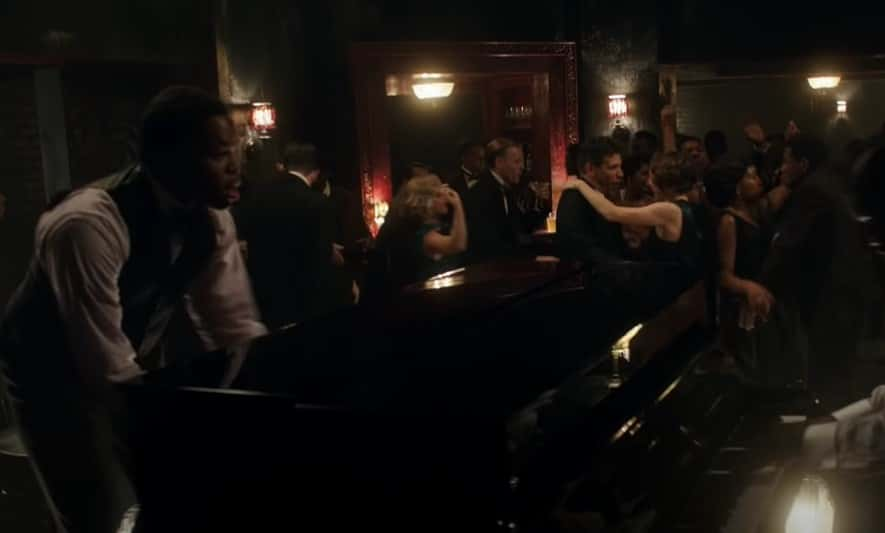 Z: The Beginning of Everything (2015–2017), Amazon Studios
Z: The Beginning of Everything (2015–2017), Amazon Studios
6. A Place He Knows
All of Fitzgerald’s works were set in places he’d lived for a decent amount of time. The Beautiful and the Damned was set in New York City, where he and Zelda lived between 1920-1921. After the birth of his daughter in 1922, Fitzgerald and Zelda rented a home in Great Neck on Long Island, which became the setting for the famous party scene in The Great Gatsby.
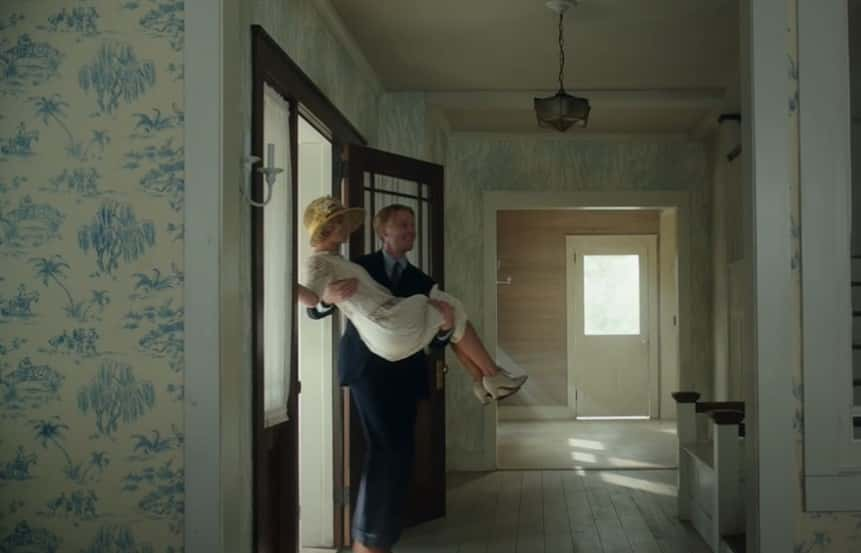 Z: The Beginning of Everything (2015–2017), Amazon Studios
Z: The Beginning of Everything (2015–2017), Amazon Studios
7. More Than A Name
Referring to someone as a "Gatsby" means they are exceptionally cool, stylish, and full of swagger. Gatsby is the name used by developers for a swanky condo development in Manhattan’s Upper East Side, and there are Gatsby Lanes in Alabama and Kings Point, New York. If they'd read the book, maybe they'd realize being Gatsby wasn't all it was cracked up to be.
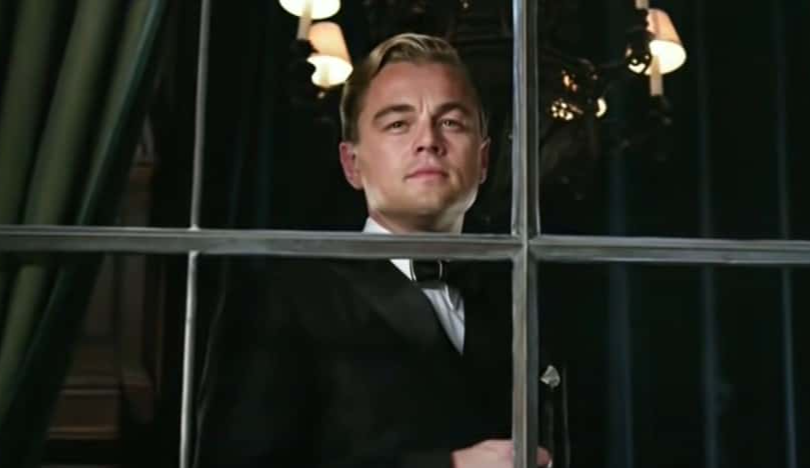 The Great Gatsby(2013), Warner Bros.
The Great Gatsby(2013), Warner Bros.
8. Not Much For School
Though it may be hard to believe, Fitzgerald was not much of a student. He was a great reader and demonstrated an early talent for writing, but throughout grade school and college he struggled to even get passing grades.
9. Ivy League Drop-Out
During his time at Princeton, Fitzgerald had a tendency to skip classes. In 1917, after being placed on academic probation, he dropped out of school altogether and ran off to join the US army to fight in WWI.
10. I Wrote That!
Like most writers, Fitzgerald based his characters on people he knew as well as real-life experiences, several of which were adaptations of his interactions with Zelda. He even copied passages word-for-word from her journal, prompting her to quip “he seems to believe that plagiarism begins at home.”
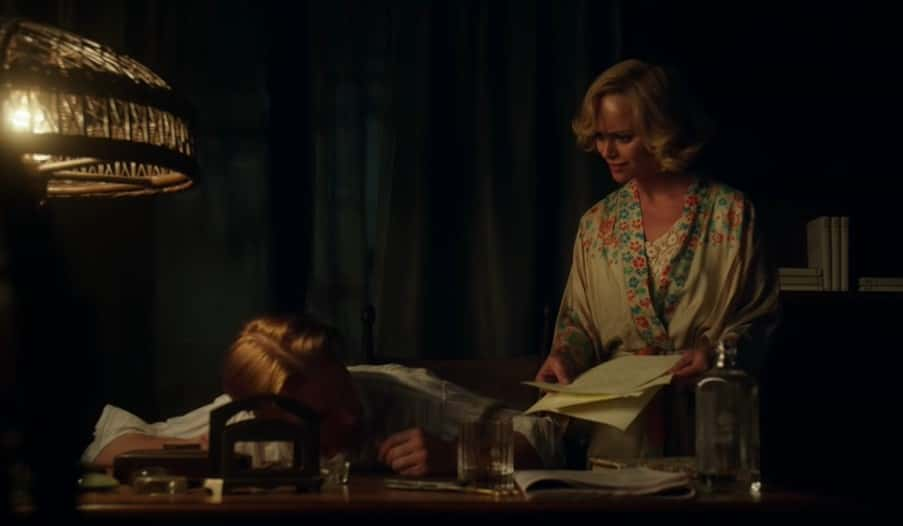 Z: The Beginning of Everything (2015–2017), Amazon Studios
Z: The Beginning of Everything (2015–2017), Amazon Studios
11. Young, Beautiful, And Scandalous
F. Scott and Zelda Fitzgerald were the celebrity power couple of their era. As Fitzgerald’s star rose, they appeared on magazine covers, gave interviews to the biggest publications, and were seen at the most exlcusive parties. Their behavior put them in the headlines and kept them there, and the public lapped it up! They would have ruled Social Media.
12. Frenemies
The odd relationship between Ernest Hemingway and F. Scott Fitzgerald is well known in literary circles. When Hemingway was getting his start, Fitzgerald kindly helped him out by doing some editing on his novel The Sun Also Rises. One would think that Hemingway would be grateful, but instead, he paid him back by making fun of him behind his back to mutual friends, and creating an exaggerated, and condescending version of Fitzgerald in A Moveable Feast. With a friend like that, who needs enemies?
13. Worth A Shot!
In May 1923, Joseph Conrad, another legendary author, made his first and only visit to the United States. For the duration of his time in the country, he stayed holed up at the Doubleday Estate in Oyster Bay, but Fitzgerald and his writer pal Ring Lardner (yes, that really was his name) got it in their heads that they really, really wanted to meet him. They decided (most likely while inebriated) that they should do a dance for him on the Doubleday lawn, and he’d be so impressed that he’d want to see them. Not surprisingly, the merry pair got thrown off the property, and they never got to meet Conrad. What a story that would have been!
14. Autobiographical Novel
This Side of Paradise, Fitzgerald’s first novel, was published in 1920 and was an instant hit. The central character Amory Blaine was basically Fitzgerald, and the story was based on his experiences at Princeton. He even incorporated actual conversations, stories and scenes from real-life—a technique which he applied in all of his future writing as well.
15. Illiterate Book Of Merit
As brilliant a writer as Fitzgerald was, he was a really lousy speller and may have been dyslexic. When former Princeton classmate and literary critic Edmund Wilson read a typo-ridden version of This Side of Paradise, he declared it “one of the most illiterate books of any merit ever published… full of English words misused with the most reckless abandon.” On the bright side, he did say it had merit!
16. Familiar Details
While Zelda Fitzgerald was busy accusing her husband of plagiarizing her, she was also busy “borrowing” a few details of her own. Fitzgerald was far from supportive of Zelda’s writing ambitions, and he criticized her only published novel, Save me the Waltz, accusing her of using details of their lives in her book, and using the name of one of his early protagonists for one of her characters. Tit for tat I suppose.
17. Boyhood Diary
When he was 14, Fitzgerald kept a diary of his adventures with his friends. He titled the book The Thoughtbook of Francis Scott Key Fitzgerald of St. Paul Minn. U.S.A. and kept it locked in a box which he stored under his bed. The diary became the basis of The Book of Scandal in the Basil Lee Duke stories, with some sections even being published in Life Magazine.
18. A True Misadventure
Fitzgerald’s only full-length play was called The Vegetable, or From President to Postman, and it was a good thing too that is was his only one, because it totally flopped. The play was about the comic adventures of a Fred Flinstone/Homer Simpson type guy who always wanted to be a postman, but never got there and blames his wife for it. The play came on the heels of his success with The Beautiful and the Damned, but the story was basically a snooze fest. It was received so badly that Fitzgerald himself wanted to stop the play when he realized how bored the audience was, but they admirably kept going. Fitzgerald didn’t take this failure well and went first into depression and then into a drinking binge. Poor guy!
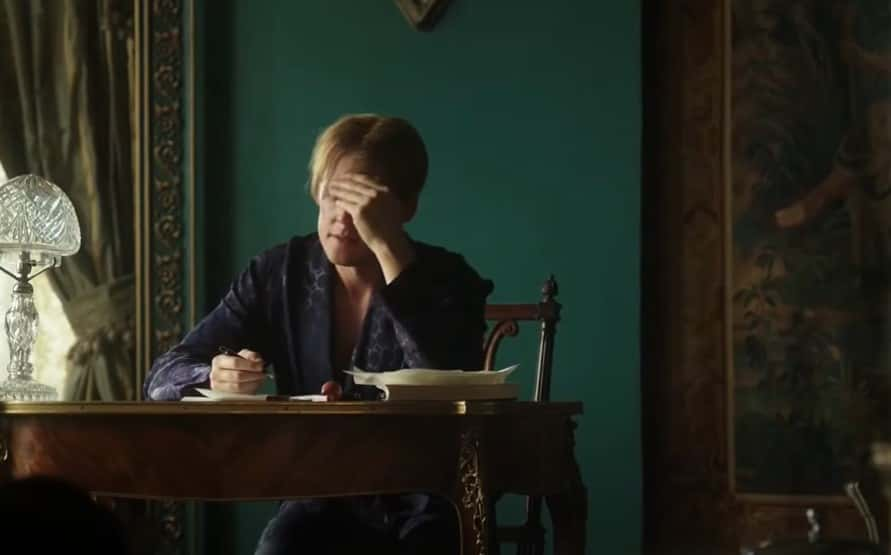 Z: The Beginning of Everything (2015–2017), Amazon Studios
Z: The Beginning of Everything (2015–2017), Amazon Studios
19. Razzy-Worthy Film
The Great Gastby has been filmed several times since its publication, but the first and only adaptation to come during Fitzgerald’s lifetime was the 1926 version, which both he and Zelda unequivocally hated. In a letter to her daughter Scottie, Zelda wrote: “We saw ‘The Great Gatsby’ in the movies. It’s ROTTEN and awful and terrible and we left” (Zelda herself capitalized rotten). Nothing remains of the movie now except for the trailer, so sadly, the modern public will never get a chance to judge for themselves.
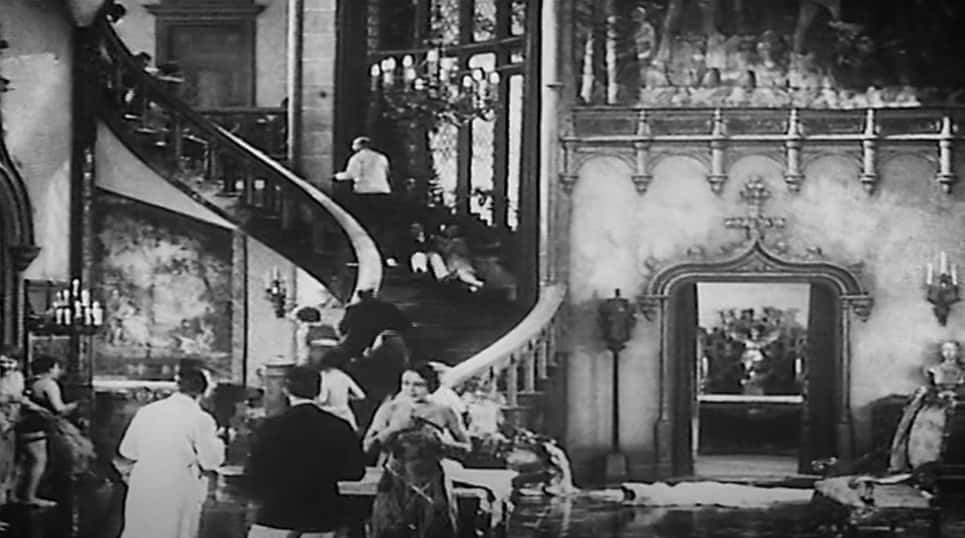 The Great Gatsby (1926), Famous Players-Lasky Corporation
The Great Gatsby (1926), Famous Players-Lasky Corporation
20. Love-Hate Relationship
For a good portion of his life, Fitzgerald nursed a Hollywood dream of his own, aspiring to become a famous screenwriter. He often went to the movies as a child, and after WWI, he even managed to make a few bucks by selling the movie rights to a couple of his short stories. Despite his eagerness to take money from Hollywood, he generally came to hate the place, believing his talent was unappreciated there. Unfortunately for him, the real reason he never found success in Hollywood was that he wasn’t as good a screenwriter as he was a novelist.
21. Missed It By That Much!
When Fitzgerald dropped out of Princeton, he enlisted as a 2nd lieutenant in the US army. He was pretty freaked out about the high chances of dying on the battlefield, so he wrote up a storm hoping to secure his legacy in case of his early demise. The irony of all of that was that by the time he enlisted, the conflict was practically over, and the truce was declared just before he was due to be shipped overseas. On the bright side, the writing time wasn’t fruitless. He managed to complete a manuscript for an unpublished novel called The Romantic Egoist which he later turned into his hit novel This Side of Paradise.
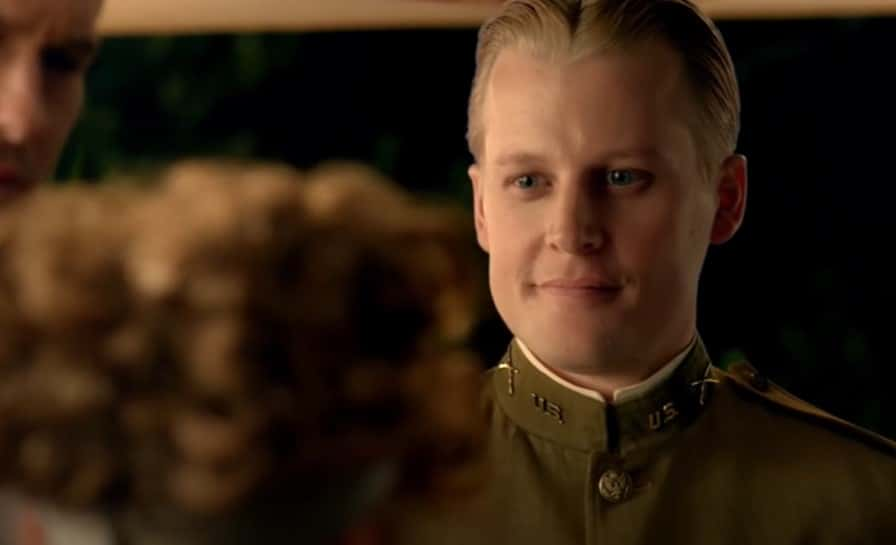 Z: The Beginning of Everything (2015–2017), Amazon Studios
Z: The Beginning of Everything (2015–2017), Amazon Studios
22. Six Degrees
One of Fitzgerald’s more infamous family connections was his first cousin once removed Mary Surratt. If you’re drawing a blank on why you recognize her name, she was hanged in 1865 for conspiring in Lincoln’s assassination. In the 2010 film The Conspirator, Surratt was played by Robin Wright, who was directed by none other than Robert Redford—who happened to play Jay Gatsby in the 1974 film. That connects F Scott Fitzgerald to Robert Redford, who is connected to… Well you get the idea.
 The Conspirator (2010), The American Film Company
The Conspirator (2010), The American Film Company
23. Wannabe Poet
Before finding his niche as a novelist, Fitzgerald had aspirations of being the next great American poet. He wrote a bunch of poems while he was at Princeton, and continued to write them while waiting to be called into battle. However, the army atmosphere wasn’t inspiring his poetic juices, so he turned to novel-writing instead.
24. Double Unlucky
Four months before dying of heart failure, Fitzgerald received a royalty cheque for the unluckiest amount of money there is: $13.13. If only they could have rounded it up a penny, maybe his luck would have turned for the better!
25. A Different Direction
After the publication of The Great Gatsby, Fitzgerald turned his attentions to writing a "social novel" (a novel that highlights social problems of the time) with a matricide at the center. Unfortunately, his constant need for money and one of Zelda’s breakdowns prevented him from ever finishing more than four chapters.
 Z: The Beginning of Everything (2015–2017), Amazon Studios
Z: The Beginning of Everything (2015–2017), Amazon Studios
26. Meeting His Love
While it’s true that Scott and Zelda had a pretty tricky relationship, Zelda really was his first and one true love. He met her while stationed in Camp Sheridan, Alabama during the war (she was the daughter of an Alabama Supreme Court Judge). They fell in love and he proposed, but she broke off the engagement when the conflict ended, convinced that he wouldn’t be able to properly support her working as a writer.
 Z: The Beginning of Everything (2015–2017), Amazon Studios
Z: The Beginning of Everything (2015–2017), Amazon Studios
27. The Lost Generation
In the aftermath of WWI, the young men returning from the conflict were lost and disillusioned, many losing faith in traditional pre-war values. Gertrude Stein coined the term “The Lost Generation” in reference to a statement she overheard at a garage, referring to a lack of drive and ambition in the 20 and 30 somethings of the day. In literature, the term refers to men and women such as TS Eliot, Fitzgerald, Stein herself and Hemingway, who were all writers of that generation.
28. Americans In Paris
Between the 1920s and 30s, many American writers moved (at least temporarily) to Europe. Fitzgerald was no exception and moved back and forth between the US and Europe several times throughout that time. While in Europe, he happily befriended several other ex-pat authors and famously said “The American in Paris is the best American.” OK, settle down Scott.
29. Famous Cover
The original cover of The Great Gatsby was designed by Francis Cugat, who later ended up designing for Douglas Fairbanks. Fitzgerald was so enamored with the art that he revised portions of the novel to better integrate the artwork.
30. Female Inspiration
The beautiful and unpredictable flapper girls that Fitzgerald depicted in his novels were essentially modeled on Zelda. She smoked and drank in public, made off-color jokes, and could not only paint, she could also dance and write. Not that Fitzgerald would admit that last one.
 Z: The Beginning of Everything (2015–2017), Amazon Studios
Z: The Beginning of Everything (2015–2017), Amazon Studios
31. I Wonder…
Inebriated ideas are seldom the best or the smartest ideas, and Fitzgerald was living proof of this. While inebriated (because who would come up with this sober), he and a buddy got the brilliant idea to tie a bartender to a chair and see if they could saw him in half. Thankfully, the authorities arrived in time to save him from a pretty gruesome end.
 Z: The Beginning of Everything (2015–2017), Amazon Studios
Z: The Beginning of Everything (2015–2017), Amazon Studios
32. Uses For Turkey
Fitzgerald was big into keeping lists when he wasn’t writing novels and stories, and one of these was an essay detailing thirteen hilarious ways to use leftover turkey. One idea, the turkey cocktail, involved adding a substantial amount of vermouth and bitters to the turkey and making an drink that, if not delicious, would at least allow you to better deal with your relatives!
33. Charting His Life
Many new parents like to keep a baby book of notable firsts such as walking and talking, but Fitzgerald kept a life book, which he detailed in a large, leather-bound business ledger. Most of the book was a record of his published works and income, but another section called “Outline Chart of My Life” is literally a month-by-month account of everything from his first word, to his height at age 13, to when he met and fell in love with Zelda.
34. Parallel Lives
Zelda’s struggles with mental illness are well-documented, and they had a major impact on Fitzgerald’s own mental and emotional state. He channels his experiences with her attempt on her own life and battles with schizophrenia through the character of American expat Dick River in his novel Tender is the Night.
35. A Final Affair
Gossip columnist Sheilah Graham rose to fame through her Hollywood gossip column “Hollywood Today,” and she had the power to make and break careers. She was also known for her somewhat scandalous love affair with Fitzgerald. They met in summer of 1937 and she claims to have fallen immediately in love. Despite his still being married to Zelda (she was hospitalized at the time), he shacked up with her in her West Hollywood apartment where they lived for just over three years until his passing. Graham wrote the book Beloved Infidel about her time with Fitzgerald, and according to her daughter, Graham never got over him.
36. Willfully Blind
With parents like Scott and Zelda, it’s not hard to believe that their daughter and only child Frances "Scottie" Fitzgerald’ had her own tragic story. Constantly being dragged from place to place when her parents moved, and largely under the care of nannies, Scottie was pretty much ignored by her parents. She also spent most of her life living in denial about her parents’ conditions, deliberately ignoring what she didn’t want to see.
37. Autobiographical Diary
Throughout her life, Scottie Fitzgerald avoided talking about her parents or her childhood (can you blame her?), but shortly before her passing she started writing an autobiographical diary to leave to her children. Her daughter Eleanor later took those 74 typed pages along with information gathered from letters, journals, newspaper clippings and friends, and wrote a biography of her mother titled Scottie, the Daughter of...: The Life of Frances Scott Fitzgerald Lanahan Smith (1995).
38. Love Depends On It!
After Zelda broke off their engagement, Fitzgerald returned home to St. Paul Minnesota to rewrite This Side of Paradise—the book that he hoped would tell the story of his generation. When Scribner accepted the book for publication, he asked them to move up the publication date to an earlier day, explaining “I have so many things dependent on its success, including, of course, a girl!”
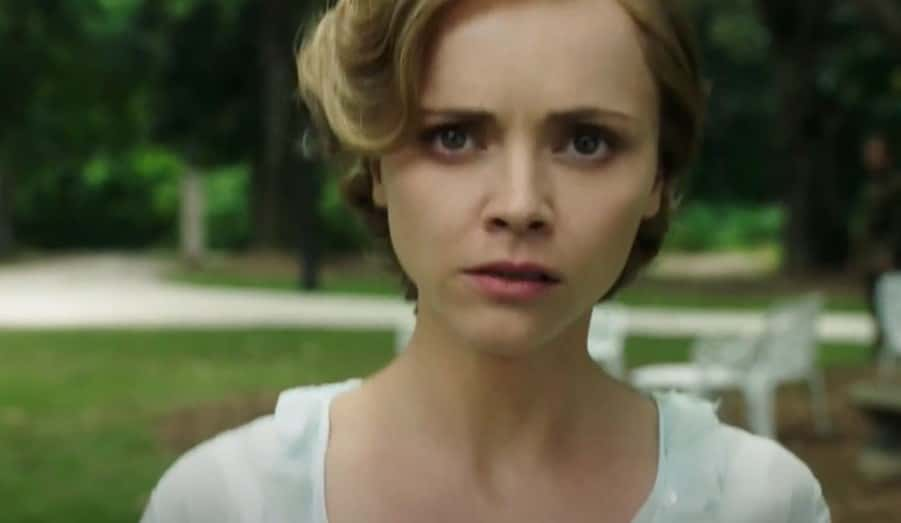 Z: The Beginning of Everything (2015–2017), Amazon Studios
Z: The Beginning of Everything (2015–2017), Amazon Studios
39. A Match Made In Heaven?
So yes, Zelda Fitzgerald’s marriage to F. Scott was the textbook definition of toxic relationship. They were both alcoholics, they were mutually unfaithful, she accused him of having a gay relationship with Ernest Hemingway, and she had multiple nervous breakdowns, eventually being diagnosed with schizophrenia. All of this only got worse as the years wore on, and they were estranged at the time of his passing.
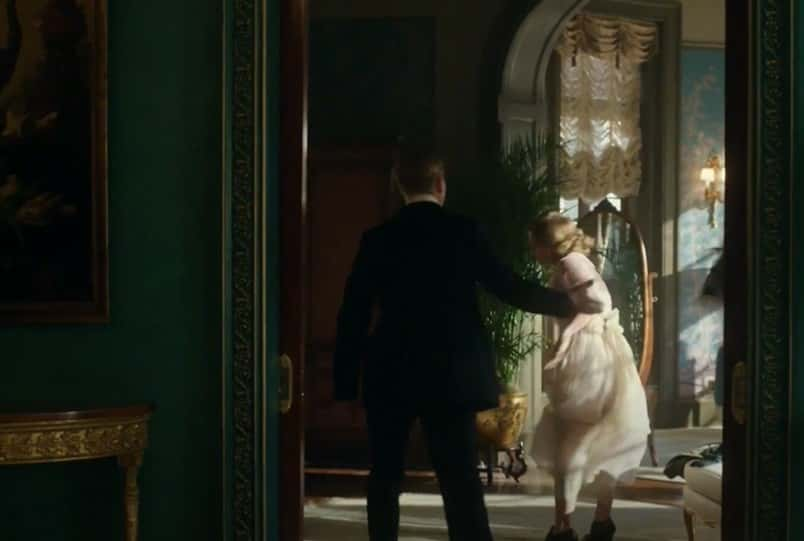 Z: The Beginning of Everything (2015–2017), Amazon Studios
Z: The Beginning of Everything (2015–2017), Amazon Studios
40. Party People
Scott and Zelda Fitzgerald were known for their extreme partying, and while staying at the Hotel de Saint-James at D’Albany Paris, they left quite an impression. Fitzgerald left a pretty strong-smelling goatskin in the room, and Zelda tied the elevator to their floor with her belt so she wouldn’t ever have to wait for it. Needless to say, they got kicked out of the hotel and later complained that they found Paris rather boring because they didn’t know anybody there.
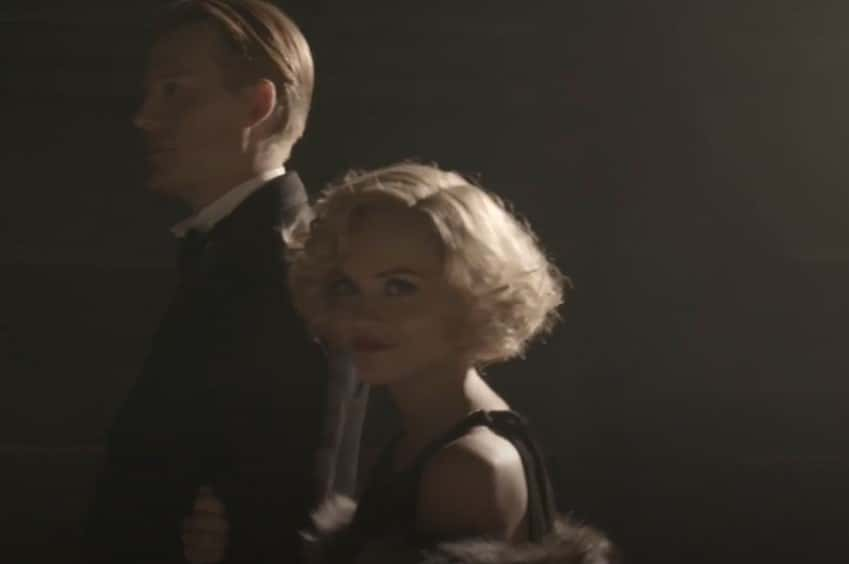 Z: The Beginning of Everything (2015–2017), Amazon Studios
Z: The Beginning of Everything (2015–2017), Amazon Studios
41. Contributions Deleted
During his time as a screenwriter, Fitzgerald actually did some of the rewrites for Gone with the Wind, but was forbidden to use any words that weren’t originally in Margaret Mitchell’s book. That would have been a challenge!
42. Too Little, Too Late
Six months after the publication of The Great Gatsby, the book had only sold a disappointing 20,000 copies. Fitzgerald and his editor Max Perkins had both expected greater sales from the book, and the remaining 75,000 copies were boxed up and stashed in a warehouse. Fitzgerald went to his grave thinking that he was irrelevant and forgotten, but since the 1950s, it has become the publisher’s bestselling title and boasts sales of more than 25 million around the world.
Sources: 1, 2, 3, 4, 5, 6, 7, 8, 9, 10, 11, 12, 13, 14, 15, 16, 17, 18, 19, 20, 21, 22, 23, 24, 25


